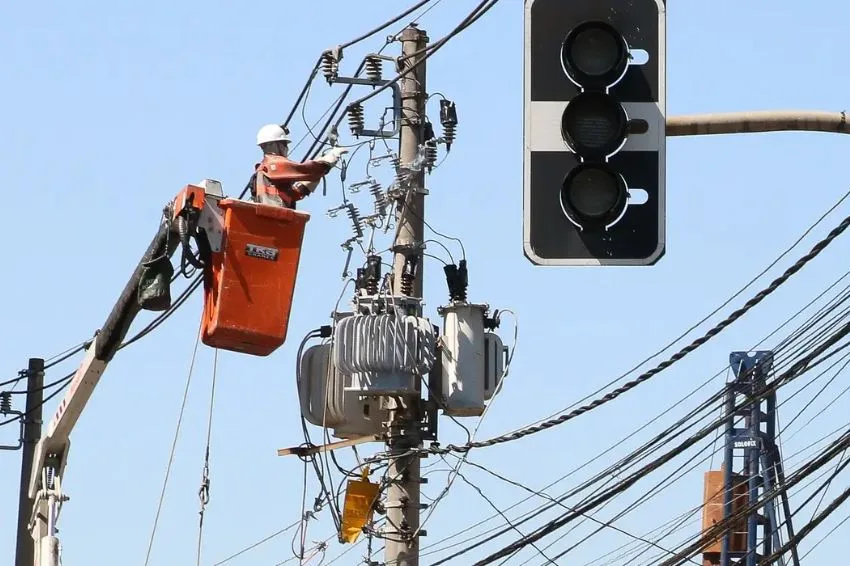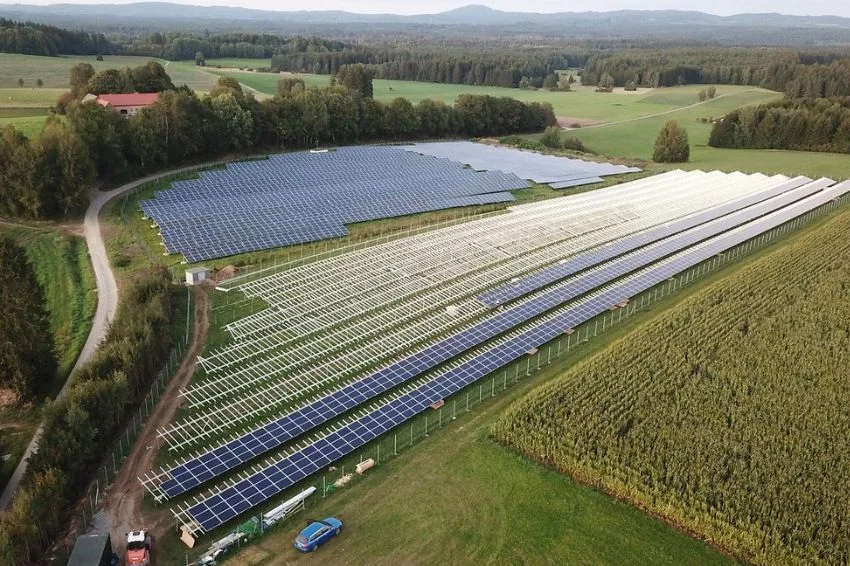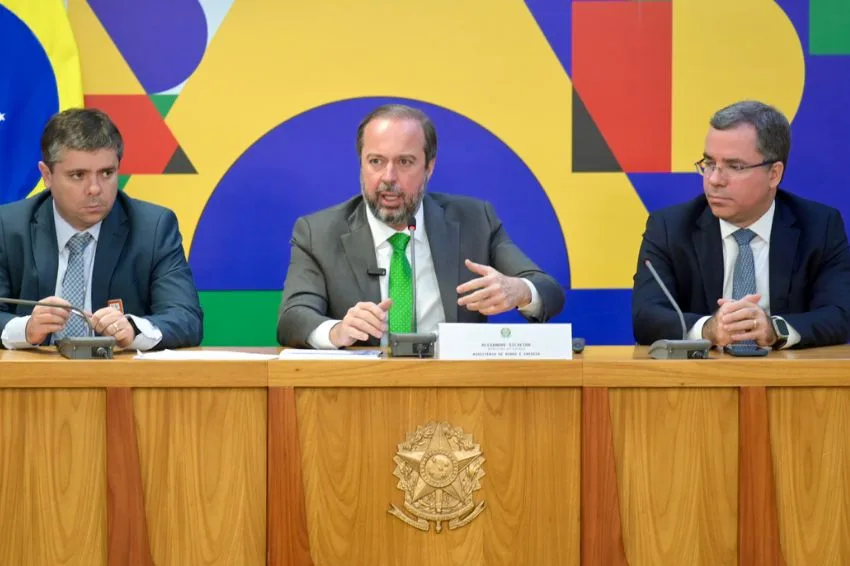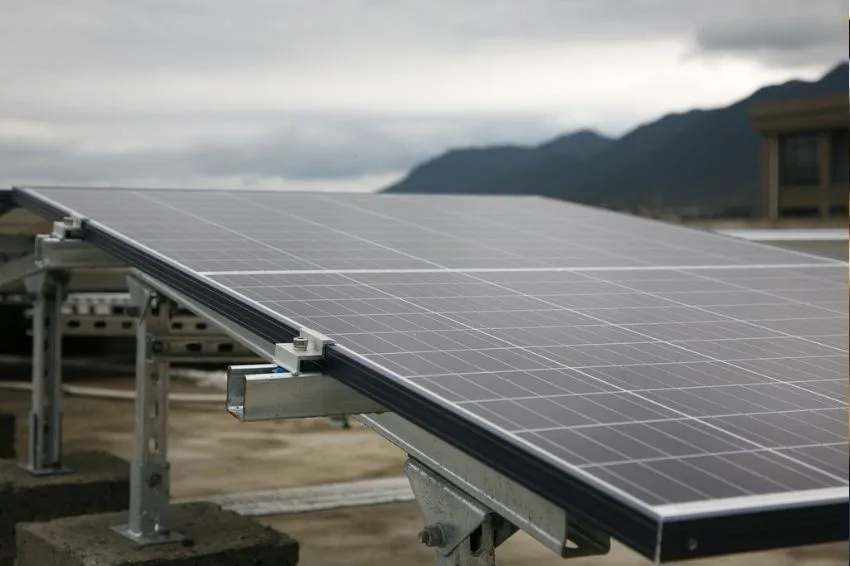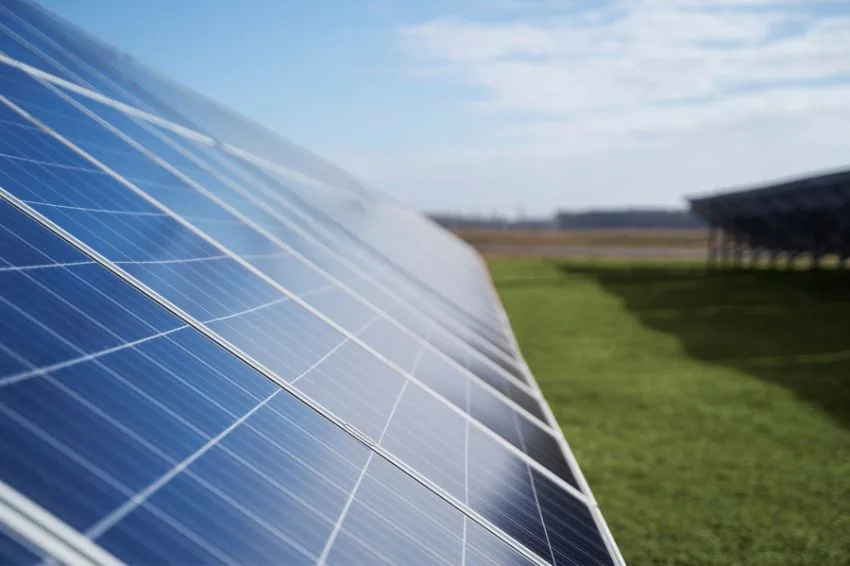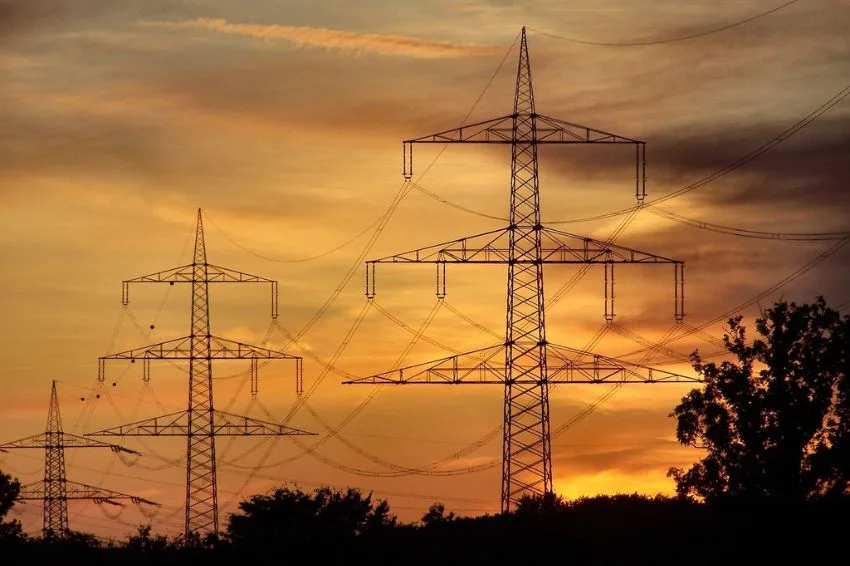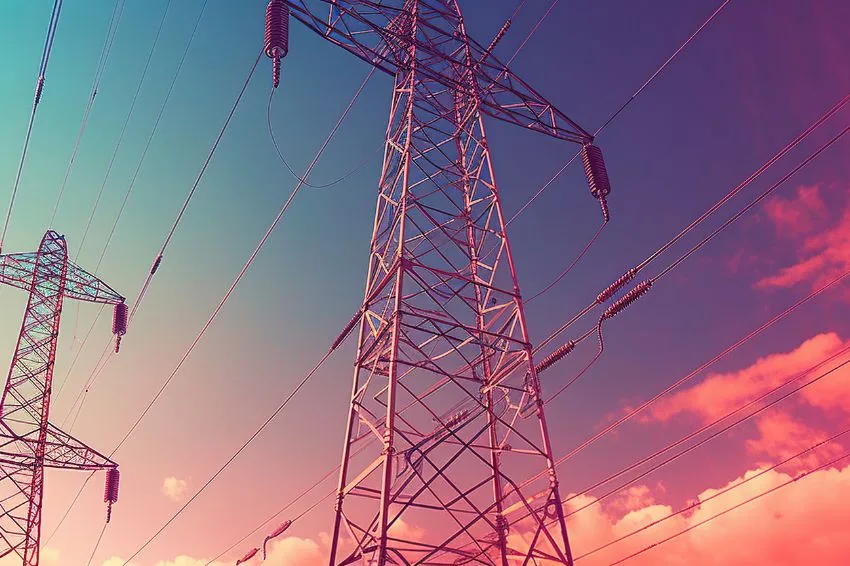Report published in the 21st edition of Canal Solar Magazine
A Normative Resolution 1,000/2021 from the ANEEL (National Electric Energy Agency) determines that all consumers affected by power grid failures must have their energy restored by distributors within a period of up to 24 hours for residents of urban areas it's from up to 48 hours for customers in rural areas.
However, what has been seen, in practice, is something different from that. Only in the last few months, several concessionaires have been sued by residents and public bodies due to power outages caused by heavy rain.
At the November 3, 2023, one storm that hit the Metropolitan Region of São Paulo left more than 2 million properties without access to electricity, in a blackout that for many properties lasted more than a week.
Only U.S commercial establishments in these municipalities were more than R$ 126 million in losses calculated by ACSP (São Paulo Commercial Association).
In January 2024, two months after the incident, the Enel – the concessionaire responsible for supplying energy in the locality – returned to being the center of attention of residents due to a new blackout which, this time, left around 1 million people without access to energy.
In this case, the problem was resolved more quickly, but even so, at least 30% of the customers affected by the rains remained without access to power for more than 24 hours.
You problems experienced made O public ministry and the State Public Defender's Office to file a lawsuit against Enel.
A São Paulo City Hall also moved and requested the immediate termination of the contract with the distributor at the TCU (Federal Audit Court).
In February this year, the ANEEL (National Electric Energy Agency) applied a fine of R$ 165.8 million to Enel due to failures in the provision of services.
According to the regulatory agency, the distributor breached the São Paulo electricity network concession contract by failing to guarantee energy to residents affected by the storms.
Furthermore, it was found that there was a delay on the part of the distributor in allocating teams to respond to the incident, especially during the blackout on November 3rd of last year.

Two other recent blackouts is that gained prominence in the press occurred in Rio Grande do Sul and Ceará. Both cases occurred this year.
On January 16th, one storm left more than 1 million properties without supply in Rio Grande do Sul. The delay in normalizing supply by CEEE Equatorial took more than a week.
The problems caused caused the Porto Alegre City Council to file a request to open a CPI (Parliamentary Commission of Inquiry) with the aim of investigating the local concessionaire.
The State Public Defender's Office also charged CEEE Equatorial for information and measures regarding the delay in reestablishing public service.
On January 23, the concessionaire was obliged by the TJRS (Court of Justice of Rio Grande do Sul) to reconnect the energy to points that were still out of supply in the municipalities of Rio Grande do Sul.

In Ceara, O shortages affected residents of the Metropolitan Region of Fortaleza on the weekend of Carnival holiday, also due to heavy rain that hit the locality.
The storm – the second biggest in the last 50 years in the region, according to information from Funceme (Fundação Cearense de Meteorologia e Recursos Hídricos) – left countless properties and public spaces without electricity for more than 48 hours.
In Ceará, the company responsible for energy distribution is Enel, which has had a contract since 1998, but, as in other states, it is at the center of a series of consumer dissatisfactions, being the champion of complaints in Decon (State Program for Consumer Protection and Defense) 4 years ago
Questioning
Amid all these problems, one of the main doubts that arise is: Why have many distributors been taking so long to be able to restore energy supply in the face of consequences caused by weather events, such as heavy rains?
Why is there such difficulty in reconnecting the system in the face of a natural phenomenon that, in cases of greater intensity, can be predicted in advance by meteorology departments?
According to José Marangon, CEO of MC&E consultancy and professional with decades of experience in the electrical sector and numerous services provided to bodies such as ANEEL, assesses that part of the problem occurs because distributors do not are prepared to deal with extreme weather events.

According to him, in the ideal world, all dealerships should have a large team assembled to respond to incidents of greater severity. However, this is economically unfeasible for both the company and its customers.
“The consumer would have to pay a lot for this. But, perhaps, better training for these teams could be a solution to alleviate the problems. The concessionaire could, for example, leave its teams mobilized as soon as there is a warning of intense rain,” he said.
“Today, weather forecast models can already verify the existence of a more intensified climate event two, three and even four days in advance,” he said.
Another solution suggested by Marangon would be the distributors carry out a kind of mutual aid plan in more serious cases.
“For example, EDP had a recent problem in Guarulhos (SP), because many trees fell due to an extreme event. So, dealerships that operate in the same state could help. In the case of EDP, there could be teams from CPFL and Elektro helping with assistance”, he highlighted.
What does Abradee say?
In interview with Canal Solar, Marcos Madureira, president of Abradee (Brazilian Association of Electricity Distributors) commented that a significant part of the difficulties faced by dealerships occurs through the urban infrastructure of cities.
The executive said that the Large-magnitude climate events have occurred more frequently in recent years due to climate change and phenomena such as El Niño – which can cause severe weather in some areas of the planet, mainly in Brazil.
According to Madureira, There are three types of occurrences caused by climate events that harm the performance of distributors' technical teams in relation to urban infrastructure: strong winds, floods and landslides.
In the case of the blackouts recorded in São Paulo and Rio Grande do Sul, the president of Abradee mentions that there was a large number of power poles damaged by trees that fell onto power grids.
According to him, in São Paulo alone, more than 2,000 trees fell onto power lines. “This causes damage, in which these trees need to be removed so that the network can be reconstructed, which is not simply a cable splice. It means having to replace, in one place, three or four power poles”, he highlighted.

Madureira also stated that, as extreme weather events are intensifying, It is It is necessary for distributors to act to minimize the impacts to the population through investments in different types of solutions, mainly in preventive actions.
According to him, many companies are already doing this. “We have to continue investing in the resilience of the network, which is how much the network can withstand adverse situations on it. In this sense, issues such as automation and improving the type of afforestation that exists in cities come into play”, he commented.
According to him, it is important that companies in the sector seek to form partnerships with city halls. “We have experience of places where large trees were exchanged for smaller trees in partnership with city halls”, he highlighted.
According to him, another point that distributors need to pay attention is in relation investments in predictability.
“We need to invest more in training to predict more intense events. We still have a lot to learn from other countries to allocate resources more appropriately so that when the event arrives, it is not so difficult for teams to travel and provide services”, he concluded.


